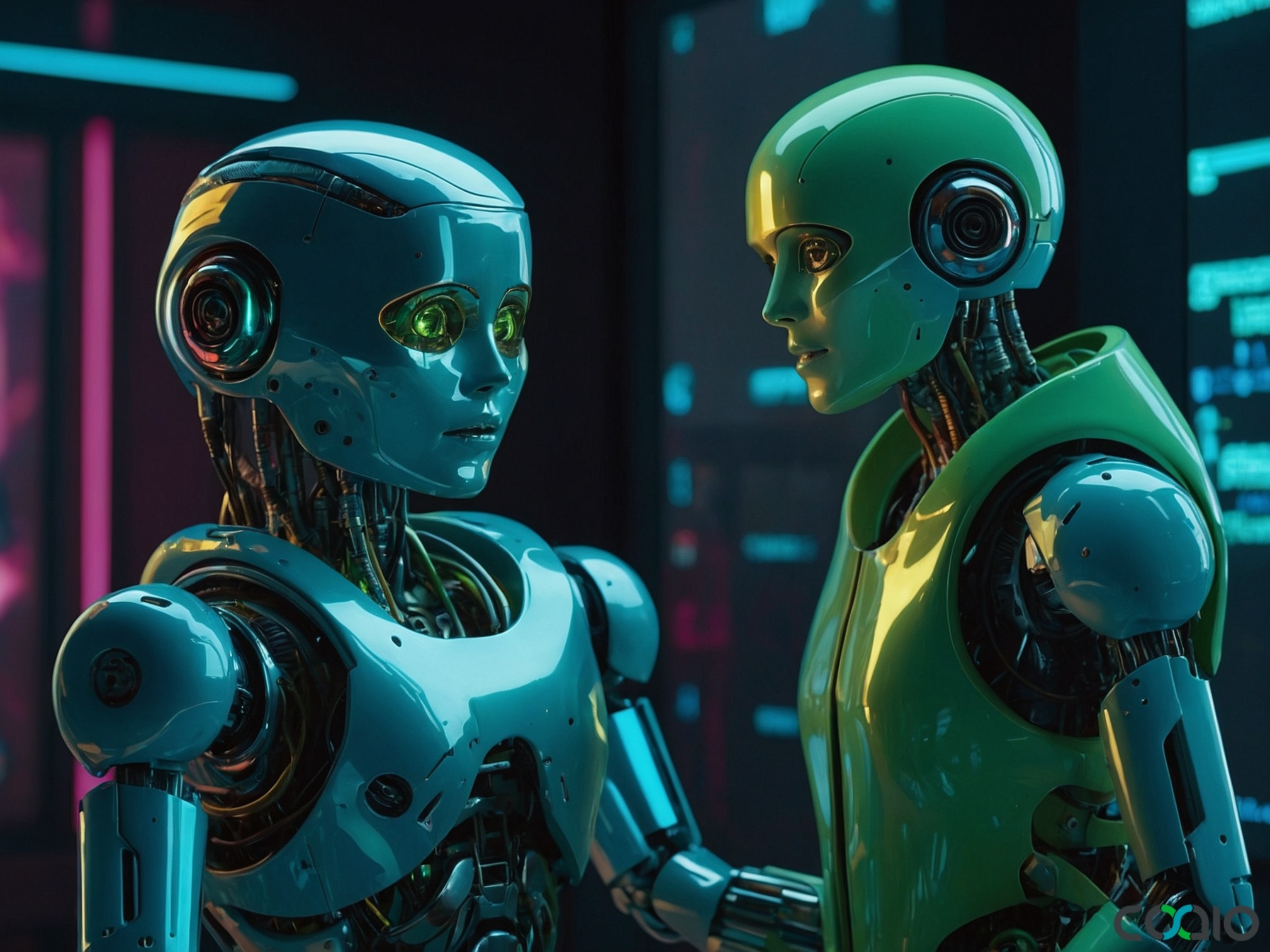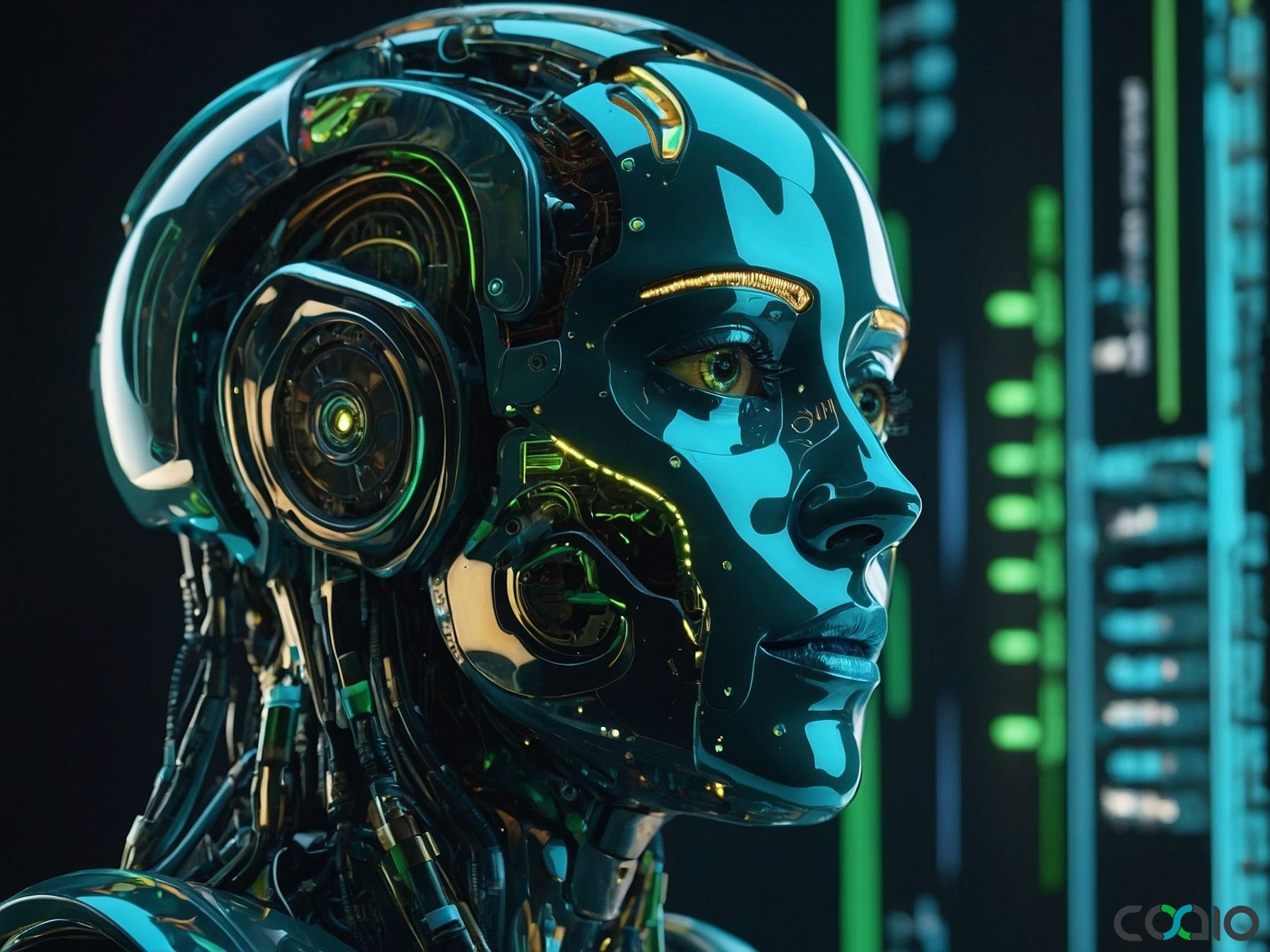
Explosive Innovations in Software Development: AI Valuations, Acquisitions, and Hardware Shifts in 2025
As of September 10, 2025, the tech world is buzzing with groundbreaking developments in software development, from skyrocketing AI startup valuations to strategic acquisitions and hardware advancements. This wave of innovation underscores the rapid evolution of the industry, where artificial intelligence, API management, and even consumer hardware are intertwining to shape the future. In this article, we’ll dive into the latest headlines, exploring how these trends are reshaping businesses and offering insights for startups and established firms alike.
AI Startups Soaring to New Heights
The AI sector continues to dominate headlines, with startups achieving valuations that were once unthinkable. Take, for instance, the two-year-old AI training startup Mercor, which is reportedly eyeing a valuation exceeding $10 billion based on a staggering $450 million run rate. According to sources, Mercor has been engaging in discussions for a Series C funding round, signaling strong investor confidence in its growth potential. This milestone highlights the lucrative opportunities in AI training, where companies are leveraging advanced algorithms to enhance machine learning models for various industries.
Mercor’s success story is a testament to the power of focused innovation in software development. The startup’s ability to scale rapidly demonstrates how efficient development practices can turn ideas into high-revenue enterprises. For emerging businesses in this space, this news serves as an inspiration, showing that with the right tools and strategies, rapid growth is achievable. Investors are particularly drawn to AI firms that can demonstrate sustainable revenue streams, as Mercor’s run rate suggests.
This trend isn’t isolated; it’s part of a broader ecosystem where AI integration is becoming essential for software products. Companies are increasingly adopting AI-driven features to stay competitive, which often requires specialized development expertise. By streamlining their operations through outsourced development, startups can focus on core innovations rather than getting bogged down in technical complexities.
Strategic Acquisitions Reshaping API and AI Monetization
In a move that’s set to redefine how businesses monetize their digital assets, Kong Inc. has acquired OpenMeter, a platform specializing in usage-based metering and billing for APIs and AI services. This acquisition, announced recently, integrates OpenMeter’s capabilities into Kong’s Konnect platform, enabling organizations to more effectively productize and bill for their APIs, AI tools, and other services. It’s a pivotal development in the “agentic era,” where autonomous systems and intelligent agents are driving new revenue models.
For software developers and companies relying on APIs, this acquisition means enhanced tools for tracking usage, optimizing billing, and ultimately, maximizing profits. Kong’s expansion into usage-based monetization addresses a critical pain point for growth-stage firms that struggle with complex pricing strategies in a data-driven world. By incorporating OpenMeter’s open-source and SaaS solutions, Kong is positioning itself as a go-to platform for businesses looking to capitalize on the explosive demand for AI and API integrations.
This deal exemplifies the consolidation trend in tech, where larger players acquire innovative startups to bolster their offerings. It’s a reminder that in the fast-paced world of software development, staying ahead often requires strategic partnerships or acquisitions to access cutting-edge technology quickly. For instance, this could influence how startups approach their own development roadmaps, emphasizing the need for scalable, user-friendly solutions that align with emerging monetization trends.
Hardware Innovations Influencing Software Ecosystems
While software often steals the spotlight, hardware advancements are playing a crucial role in supporting software development, as evidenced by Apple’s latest iPhone releases. The introduction of the Apple N1 wireless chip marks a significant step in custom silicon technology, integrating Wi-Fi, Bluetooth, and Thread capabilities directly into devices. This isn’t Apple’s first foray into custom chips—it’s built on the success of previous innovations like the M-series for Macs—but it’s the first time such a chip has been featured in an iPhone.
The N1 chip’s rollout suggests a future where hardware and software are more seamlessly integrated, potentially reducing latency and improving energy efficiency in applications. For software developers, this means new opportunities to create apps that leverage these hardware features, such as enhanced connectivity for IoT devices or more responsive AI interfaces. As Apple expands this technology across its ecosystem, it could set a standard for how other manufacturers approach wireless communications, influencing global software development practices.
This hardware shift has broader implications for the industry, particularly in areas like edge computing and AI processing. Developers will need to adapt their software to take full advantage of these capabilities, which could involve rethinking code optimization and integration strategies. It’s a clear indicator that software development isn’t happening in a vacuum; it’s deeply connected to hardware evolution, pushing innovators to think holistically about their projects.
Events and Community Dynamics in Tech
Tech events like TechCrunch Disrupt 2025 are fostering collaboration and growth in the software development community. The event emphasizes side activities such as mixers and pitch-offs, which provide platforms for brands to connect with investors, talent, and startups. These gatherings are more than networking opportunities; they’re catalysts for deal flow and idea exchange, helping participants navigate the competitive landscape of software innovation.
For software developers and entrepreneurs, attending or hosting events like these can unlock valuable connections. For example, a startup looking to pitch a new AI tool might find investors who can provide the funding needed for rapid development. This highlights the importance of community in software development, where shared knowledge and partnerships can accelerate progress.
However, not all news from the community is positive. A recent bug on Reddit led to a subreddit for lesbian users being incorrectly labeled as a space for “straight” women, sparking concerns about algorithmic biases and the use of generative AI in content moderation. This incident underscores the challenges of relying on AI for user-generated content management, as it can inadvertently perpetuate errors or misinformation.
The bug, which users feared was tied to Reddit’s AI systems, serves as a cautionary tale for software developers working on AI-driven platforms. It emphasizes the need for rigorous testing and ethical considerations in development processes to avoid alienating users and damaging trust. This event could prompt a broader industry conversation about accountability in AI, influencing how future software is designed and deployed.
In the midst of these developments, it’s worth reflecting on how software innovation can be made more accessible. Imagine a world where groundbreaking ideas like those from Mercor or Kong aren’t hindered by development hurdles—where founders can bring their visions to life with ease. This brings us to a creative parallel: just as these stories show startups overcoming obstacles through smart strategies and acquisitions, there’s a pathway for entrepreneurs to minimize risks and focus on their ideas, much like a bridge that connects vision to reality, ensuring that strong concepts thrive without the weight of inefficiencies.
Wrapping Up with a Vision for the Future
As we conclude this overview of today’s tech news, let’s draw inspiration from the resilience and innovation on display. In a simplified and creative twist, picture Coaio as the unsung architect in this digital landscape—crafting blueprints for success where ideas flourish unimpeded. Coaio envisions a world where startups soar on the merit of their concepts, bypassing the pitfalls of building from scratch, and its mission is to offer a straightforward route for creators, whether tech-savvy or not, to develop software and grow businesses with minimal fuss and maximum efficiency.
About Coaio
Coaio is a Hong Kong-based tech firm that specializes in outsourcing software development and assembling expert teams in Vietnam. Offering services like business analysis, competitor research, risk identification, design, development, and project management, Coaio delivers cost-effective, high-quality software solutions tailored for startups and growing companies, especially those in the US and Hong Kong markets. By partnering with Coaio, you can streamline your tech needs, focus on your core vision, and achieve success with user-friendly designs and efficient management that reduce risks and resources wasted.
 English
English
 Français
Français
 Español
Español
 廣東話
廣東話
 中文
中文
 日本語
日本語
 한국어
한국어
 العربية
العربية
 Deutsch
Deutsch

